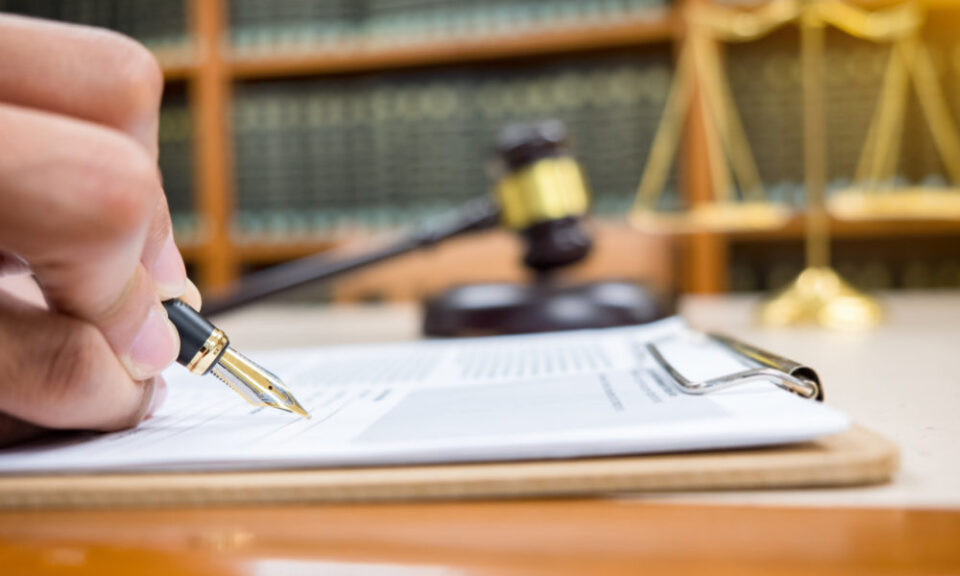Artificial Intelligence (AI) has emerged as a revolutionary technology that has the potential to transform various industries and aspects of our daily lives. However, as AI continues to advance, there is a growing need for effective regulation to address the legal challenges associated with its use. This article explores some of the key legal challenges in AI regulation and the importance of finding appropriate solutions.
1. Ethical concerns
One of the primary legal challenges in AI regulation is the need to address ethical concerns. AI systems, particularly those that involve machine learning and autonomous decision-making, raise questions about accountability, fairness, and transparency. For example, if an AI algorithm makes a biased decision or discriminates against a certain group of people, who should be held responsible? Establishing ethical guidelines and ensuring that AI systems operate in a fair and transparent manner is crucial to prevent potential harm and discrimination.
2. Intellectual property rights
AI technology relies heavily on data, algorithms, and models, which can be subject to intellectual property rights. However, the ownership and protection of AI-generated works can be complex. For instance, if an AI system creates an artwork or invents a new technology, who owns the copyright or patent? Current copyright and patent laws may not adequately address the unique challenges posed by AI, and new regulations may be required to ensure proper protection and attribution.
3. Privacy and data protection
AI systems often require large amounts of data to function effectively. This raises concerns about privacy and data protection. Personal data collected by AI systems can be used for various purposes, including profiling and targeted advertising. Striking a balance between the benefits of AI and the protection of individuals’ privacy rights is crucial. Regulations should ensure that AI systems comply with data protection laws, obtain informed consent, and safeguard personal information.
4. Liability and accountability
Another critical legal challenge is determining liability and accountability when AI systems cause harm or make incorrect decisions. Traditional legal frameworks may struggle to assign responsibility in cases where AI algorithms are autonomous and self-learning. Establishing clear guidelines for liability and accountability, including potential compensation mechanisms, is essential to protect individuals and businesses that may be affected by AI-related incidents.
5. Cross-border legal issues

AI technology knows no geographical boundaries, which raises complex cross-border legal challenges. Different countries have different legal frameworks and regulations regarding AI. Harmonizing these regulations and ensuring proper international collaboration is crucial for addressing issues such as data sharing, cybersecurity, and cross-border enforcement. International agreements and cooperation can help create a unified approach towards AI regulation.
As AI continues to advance, it is essential to address the legal challenges associated with its use. Ethical concerns, intellectual property rights, privacy and data protection, liability and accountability, and cross-border legal issues are just some of the challenges that regulators need to tackle. By developing appropriate regulations and guidelines, we can harness the potential of AI while ensuring it is used responsibly and ethically.

